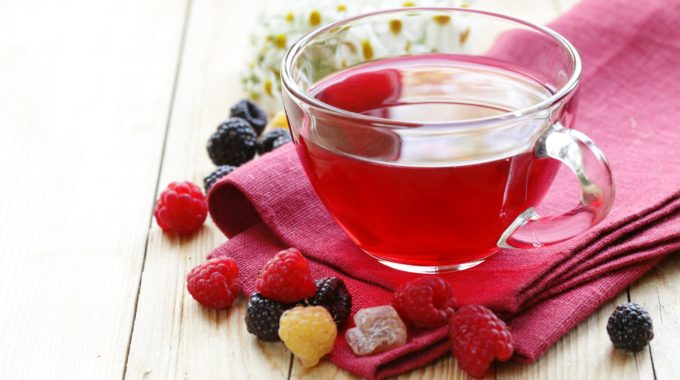The best foods to keep dementia at bay
A study from Tufts University has found that a low consumption of foods rich in flavonoids increases the risk of Alzheimer’s disease. Plant foods, including fruits and vegetables such as pears, apples, berries and onions, contain flavonoids. Plant-based drinks like tea and wine also contain flavonoids. Dark chocolate is another source. The researchers found that older adults who consumed small amounts of flavonoid-rich foods were two to four times more likely to develop Alzheimer’s disease and related dementia compared with people whose flavonoid intake was higher. Here’s what you need to know.

Time to up your intake?
Many studies have looked at associations between nutrition and dementia over short periods of time. But this study took a broader view. It examined the long-term relationship between eating foods containing flavonoids and the risk of Alzheimer’s disease and related dementia. The study followed 2800 people aged 50+ over a period of 20 years. Researchers found a higher risk of dementia associated with a low intake of three types of flavonoids:
1. Low intake of flavonols (apples, pears and tea) was associated with twice the risk of developing Alzheimer’s disease and related dementia.
2. The risk of Alzheimer’s disease and related dementia increased fourfold with a low intake of anthocyanins (blueberries, strawberries and red wine).
3. Low intake of flavonoid polymers (apples, pears and tea) was associated with twice the risk of developing Alzheimer’s disease and dementia.

Beat dementia with your diet
“Our study shows how diet might be related to cognitive decline,” says study author, nutritional epidemiologist Paul Jacques. “We were able to look at flavonoid intake over many years prior to participants’ dementia diagnoses. With no effective drugs currently available, preventing Alzheimer’s through a healthy diet is an important consideration.”
The researchers claim the people who may benefit the most from consuming more flavonoids are also people at the lowest levels of intake. However, it doesn’t take much to improve levels. A cup of tea a day or some berries twice a week would be adequate.









